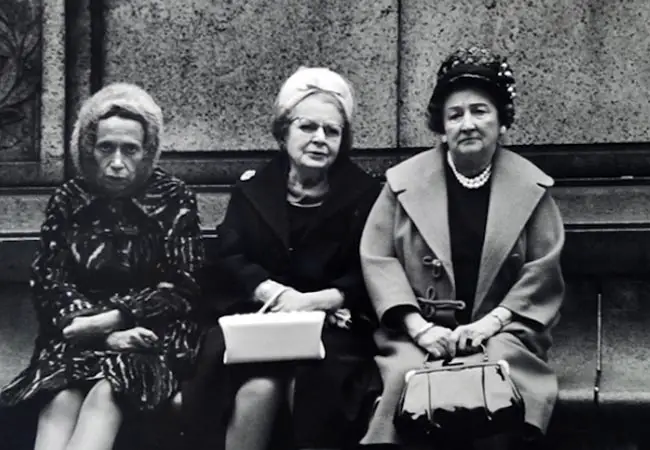
On Aug. 8, 2011, Hurricane Irene brought catastrophic flooding to the Garnerville Arts & Industrial Center and the nonprofit Garner Arts Center gallery, which collapsed destroying the exhibition within the space.
Now, 12 years later, the center is celebrating the grand opening of its new gallery ”“ Building 35, a state-of-the-art exhibition space and regional Visitors Center ”“ with a two-woman show featuring an exhibition of the groundbreaking artworks of Sari Dienes and new artworks by the contemporary Haitian American artist, Vladimir Cybil Charlier. In addition, the works of photographer Ned Harris, namesake of the Harris Gallery in Building 35, will be on display in the Visitor Center @35 for the grand-opening exhibitions.

Mara Manus, executive director of the New York State Council on the Arts, congratulated the staff, board and artists “for creating this permanent space that will continue to deliver the measurable benefits of the arts to all New Yorkers and visitors.”
The Garner Historic District of New York is a collection of landmarked pre-Civil War factory buildings located on 14 acres in the hamlet of Garnerville, village of West Haverstraw, Rockland County, New York. Built between 1838 and the early 20th century as the Garner Print Works, subsequently known as the Rockland Print Works, the complex has been transformed into a flourishing and vibrant district for mixed-use. For its first 125 years, this European-like urban industrial environment, characterized by historic 19th century architecture, including a brick smokestack, alleyways, bridges and a creek, served textile mills exclusively. Today, the complex is home to woodworkers, metal workers, sculptors, painters, design centers, music studios, jewelry makers, training facilities, Stack Street Coffee roaster, Hudson”™s Mill Tavern, Industrial Arts Brewing Company, the nonprofit Garner Arts Center and performance, exhibition and event spaces.
It is listed on the National and New York State Registers of Historic Places, under the name Rockland Print Works, for its amalgam of industrial era architecture, its social significance as a company town, and as one of the first industrial cooperatives in America.



















